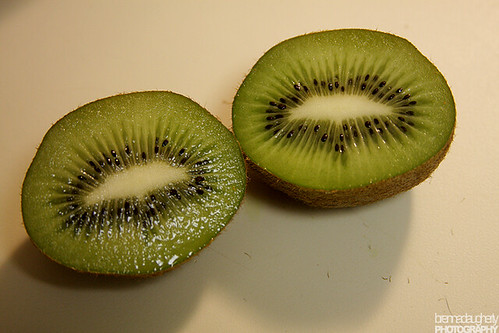By Chris

There are almost daily reports on the Internet about mindful eating, but many of them seem confused as to what mindful eating actually is. This is largely because of the word “eating”. Eating relates to diet and diet is big business. Mindful eating isn’t dieting although, if practised correctly, it is likely to prove much more successful in weight loss than any diet. Mindful eating isn’t becoming a vegan, although improving our awareness of eating may make us choose food more consciously. We could eat a feast filled with sugar, fat and animal products much more mindfully than a non-practitioner eating a tofu salad.
Mindful eating is simply being fully present during the process of eating. In the modern world we don’t often notice much of the eating process. Instead of tuning into just eating, we read the paper or the back of a cereal packet, we listen to a blaring radio, engage in lively conversation, watch television, anything to fill the moment up to the limit, anything. Filling up the present moment is escapism. If it’s full, there’s no room to engage with ourselves. It seems we would rather be comfortably numb than truly alive.
A mindful life is one of exploration. It is a life of constantly opening up to experience, observing the ordinary and rediscovering wonder in it. Once we have established our seated meditation practice, we become more alive and start to bring mindfulness from the cushion into everyday life. Our daily routines can become our practice. Activities previously handed over to our automatic pilot become another chance to open up to our lives.
Eating is something we do several times a day in order to sustain life. This regularity makes it perfect ground for mindfulness practice. It is also one of the times that we naturally trance out.
Some Benefits of Mindful Eating
- You actually get to taste your food and it tastes much better.
- You get to practise mindfulness with little extra time investment.
- You eat more thoroughly which improves digestion (digestion starts in the mouth.)
- You are aware of being full earlier so are less likely to overeat.
- You regain control over unhealthy eating practices such as mindless snacking or giving in to dessert.
- As you are better able to hold onto the experience of taste, you will start to re-educate your palette. You will learn that the food that you are addicted to doesn’t taste as good as you once thought.
How to Eat Mindfully
- Start by quietly giving thanks to everyone who has contributed to the food on your plate. This prepares you to move inside yourself and open up to the mindful eating experience.
- Look at your food. The colours, shapes and light as it shines off of liquids and vegetables; see if you can see something new.
- Smell your food. Is smell one solid experience or is it constantly changing: arising, intensifying and then giving way to new smells?
- Pick up your knife and fork. How does the metal feel against your skin? What is its temperature?
- Fill your fork and then pause and watch your mind’s reaction. Is it telling you to hurry up?
- Feel the sensations of your body as you slowly lift your fork to your mouth.
- Put the food in your mouth and then put the knife and fork down. You can experiment at this point with your eyes closed and then open.
- As you put the food into your mouth, notice the taste. Is it sweet, salty or bitter? Where are you experiencing that taste? Really locate the point, perhaps on your tongue?
- Chew the food. What textures are present? What happens as you chew? Is your tongue still playing a role? Can you discover anything new about the eating experience?
- Watch your emotions. How is eating affecting your mood?
- As the taste changes and weakens, watch the urge to refill your mouth, the craving for another taste hit.
- Wait until your mouth is completely empty before picking up your fork.
- Start again from the beginning.
Mindful eating practice can be carried out daily. Maybe have one mindful meal or piece of fruit each day. If this is too much, try to give one meal a week over to the practice. This will heighten your awareness of eating so that you will be more mindful during every meal.
Find Chris on Twitter: @mindfulness_man
Latest posts by Admin (see all)
- The Necessity of Mindfulness: Seeing Things as They Really Are - October 6, 2021
- How Mindfulness Saved My Life - August 8, 2021
- Mindfulness: A Bird’s-Eye View - July 11, 2021
I was wondering if you ever thought of changing the layout of your blog?
Its very well written; I love what youve got to say. But maybe you could a little more in the way of content so people could connect with it
better. Youve got an awful lot of text for only having one or two images.
Maybe you could space it out better?